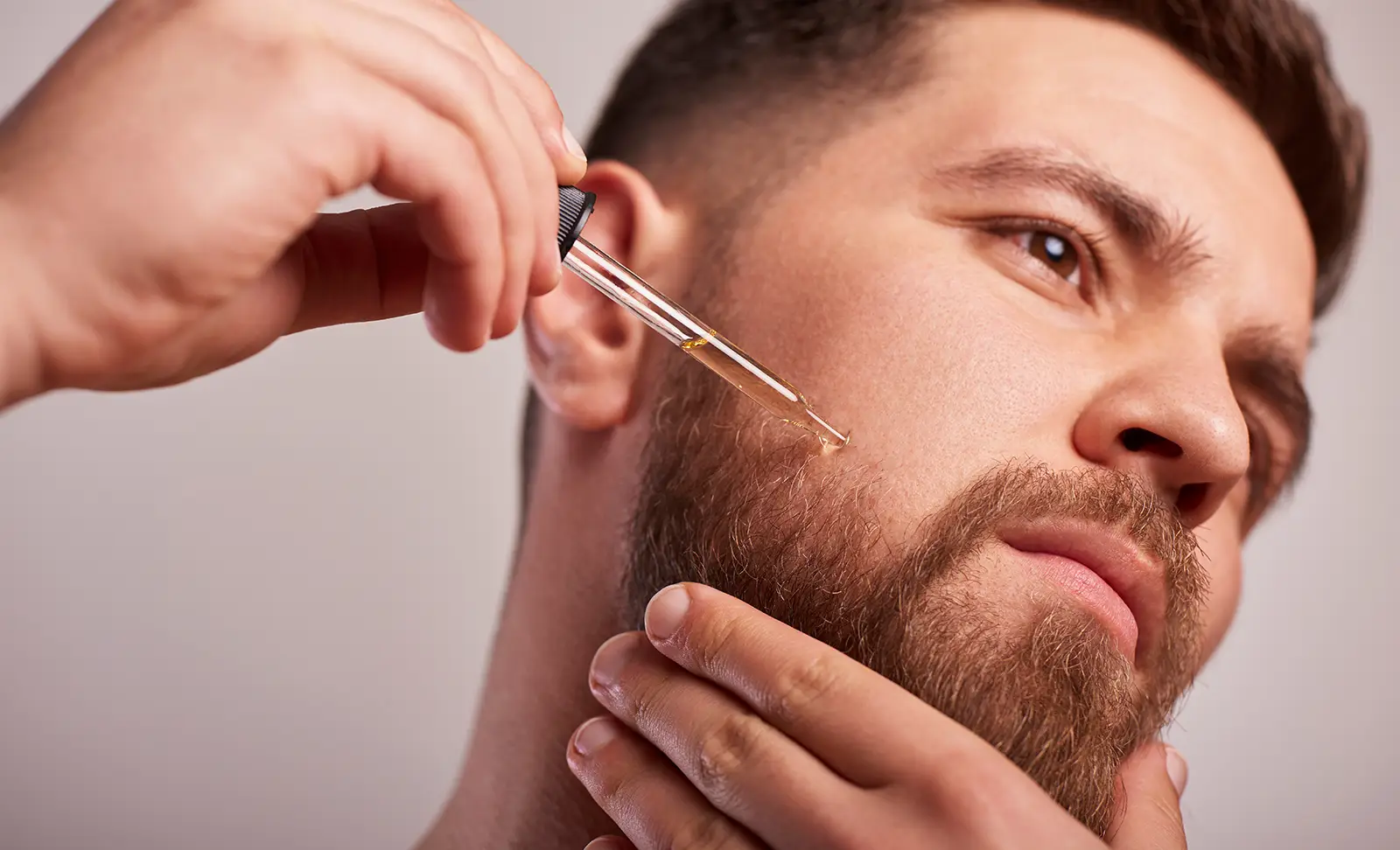Beards have long been associated with masculinity, confidence, and personal identity. For many men, the ability to grow a full beard is a source of pride. However, not all men can achieve the beard they desire due to genetic, hormonal, or medical factors. Beard loss or an inability to grow facial hair can have a significant psychological impact, leading to low self-esteem, anxiety, and even depression. In this article, we explore the emotional toll of beard loss and discuss how various restoration methods can help regain confidence.
Psychological Impact of Beard Loss
Self-Esteem and Confidence Issues
Beard loss can impact a man’s self-esteem, especially in societies where beards are associated with masculinity and maturity. Men who struggle to grow facial hair may feel inadequate or less attractive compared to their bearded peers.
Social and Cultural Expectations
In many cultures, beards symbolize strength, wisdom, and authority. A lack of facial hair may lead to feelings of being judged or not fitting in with societal standards, affecting personal and professional interactions.
Anxiety and Depression
Some men experience stress, anxiety, and even depression due to their inability to grow a beard. Negative thoughts about their appearance can lead to social withdrawal and a decline in overall mental well-being.
Impact on Personal and Professional Life
A well-groomed beard is often seen as a sign of maturity and sophistication. In professional settings, men with full beards may feel more confident in their interactions. Those without a beard might experience insecurity, feeling they lack the “mature” look that some workplaces favor.
Causes of Beard Loss or Patchy Growth
Genetic Factors
Genetics play the biggest role in determining whether a man can grow a full beard. If male relatives have patchy or sparse beards, it is likely to be inherited.
Hormonal Imbalances
Testosterone and dihydrotestosterone (DHT) influence beard growth. Men with lower levels of these hormones or higher sensitivity to DHT may struggle with beard growth.
Medical Conditions
Conditions such as alopecia areata, thyroid disorders, and autoimmune diseases can contribute to beard loss or slow facial hair growth.
Poor Nutrition and Lifestyle Choices
Lack of essential nutrients like biotin, protein, and vitamin D, along with stress and poor sleep, can negatively impact beard growth.
Beard Restoration Methods
1. Minoxidil for Beard Growth
Minoxidil, commonly used for scalp hair regrowth, has been found effective for beard growth. It stimulates hair follicles, improving density and coverage over time.
2. Beard Transplant Surgery
For those seeking a permanent solution, beard transplants involve moving hair follicles from other parts of the body to the beard area. This procedure offers natural and long-lasting results.
3. Hormone Therapy
Men with low testosterone levels may benefit from hormone therapy. However, this should only be considered under medical supervision.
4. PRP (Platelet-Rich Plasma) Therapy
PRP therapy involves injecting a patient’s own plasma into the beard area to stimulate hair growth. It is a minimally invasive procedure with promising results.
5. Microneedling for Beard Growth
Microneedling stimulates collagen production and improves blood circulation, helping dormant follicles become active and encouraging beard growth.
6. Natural Remedies and Lifestyle Changes
A balanced diet, regular exercise, stress reduction, and proper skincare can improve beard health. Using essential oils like castor and rosemary oil can also enhance beard growth naturally.
Psychological Benefits of Beard Restoration
Improved Self-Confidence
Enhanced Social Interactions
Men who regain their beards often feel more at ease in social settings, improving their relationships and communication skills.
Reduced Anxiety and Stress
Addressing beard loss through restoration methods can alleviate stress and anxiety related to appearance, leading to better overall mental health.
Increased Professional Opportunities
A well-groomed beard can create a strong first impression in professional settings, helping men feel more assertive and capable.
Conclusion
Beard loss can have a deep psychological impact, affecting self-esteem, confidence, and mental well-being. However, with modern restoration methods, men have multiple options to regain their beards and improve their appearance. Whether through medical treatments, transplants, or natural remedies, restoring a beard can bring about significant emotional and psychological benefits. The key is to find the right solution and embrace one’s unique journey towards confidence and self-acceptance.

